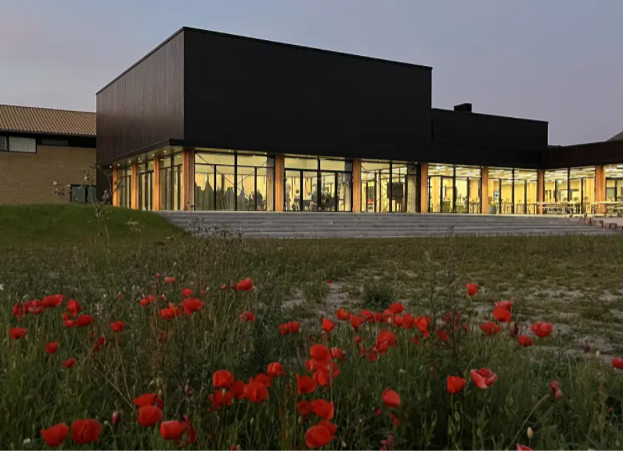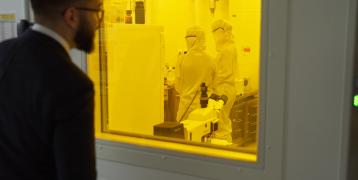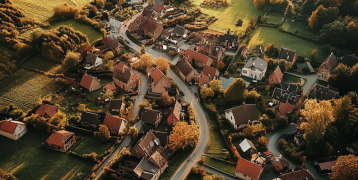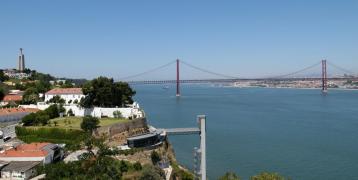Rural resilience in Denmark through enhanced cooperation
The 2020 Strategic Foresight Report highlights resilience as a guiding principle for policies, defining it as the capacity to withstand challenges while enabling sustainable, fair, and democratic transitions. The Interreg Europe project GOCORE builds on this vision, aiming to enhance the capacities of rural and peripheral regions to involve their communities as active partners in regional policy development and implementation.
Village clusters
Denmark’s village cluster concept embodies this approach, fostering citizen-driven rural development. Mols, a peninsula in Syddjurs Municipality with 24 smaller villages, is home to one such initiative. The Mols Village Cluster exemplifies how collaboration among villages can transform and strengthen communities, offering a compelling model of rural resilience.
Village clusters emerged as a response to shared challenges in rural areas, such as population decline, aging demographics, and limited job opportunities compared to urban centers. The Village Cluster initiative underscores the importance of coordination between villages to address place-based challenges in Denmark.
Launched at the national level to pilot rural transformation, a village cluster involves several villages cooperating within a network structure to achieve common strategic goals. Supported by DGI, Realdania (two associations dedicated respectively to sports activities and architecture and planning projects in Denmark), and the Local and Infrastructure Fund, 29 village clusters have been established across Denmark, involving 25 municipalities and 120,000 citizens.

This initiative demonstrates that collaboration and effective governance among villages can significantly enhance rural resilience. Built on a structured process typically spanning 1.5 years and involving five key phases, village clusters exemplify how collective action and shared governance can address rural challenges and foster thriving, resilient communities (see figure below).
The five-phase methodology of the village cluster
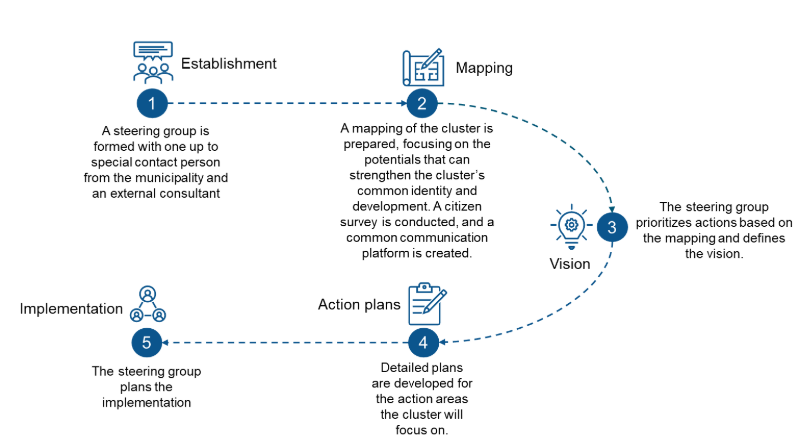
In 2015, the Mols peninsula joined the Village Cluster project, embarking on a transformative journey that has made it a model of resilience. The Mols Village Cluster achieved remarkable social and economic progress. Between 2015 and 2024, the population grew from 3,779 to 3,899, with a significant increase in children aged 0-6, from 158 to 229.
The Mols Village Cluster followed the structured five-step process. A steering committee was formed to guide the initiative, followed by a survey of residents to understand their perspectives, needs, and aspirations. Based on this input, the community developed a shared vision and unified identity for the cluster.
Working groups were organised to address the priorities identified in the survey, leading to implementing actionable plans through a formal organisation. A dedicated project manager, supported by a €48,000 budget, oversaw the process and encouraged active community participation.
The collaborative effort culminated in the opening of Molsværket in April 2024, a multipurpose community space featuring a children’s area, sports facilities, a communal kitchen, multifunctional rooms, office space, a clergy office, cozy meeting spaces, and outdoor areas.
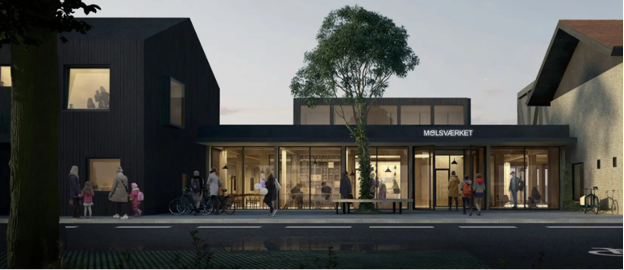
The Village Cluster initiative offers valuable lessons for rural development. It demonstrates that collaboration among villages can catalyse transformation and build resilient communities. The bottom-up approach ensures that local needs and aspirations drive the process, fostering a sense of ownership and long-term commitment. The methodology is adaptable to various contexts, provided the initiative stems from community interest and leadership.
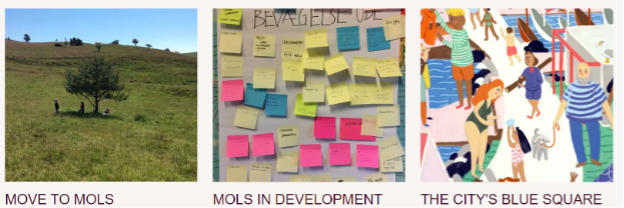
Mols’ experience highlights the potential of village clusters to address rural challenges such as depopulation and lack of coordination. By mapping local resources, fostering dialogue, and prioritising shared goals, village clusters create a resilient framework for sustainable development. As European regions explore solutions to enhance rural resilience, the Mols Village Cluster stands as a powerful example of how collective action and governance can lead to thriving, self-sustaining communities.

